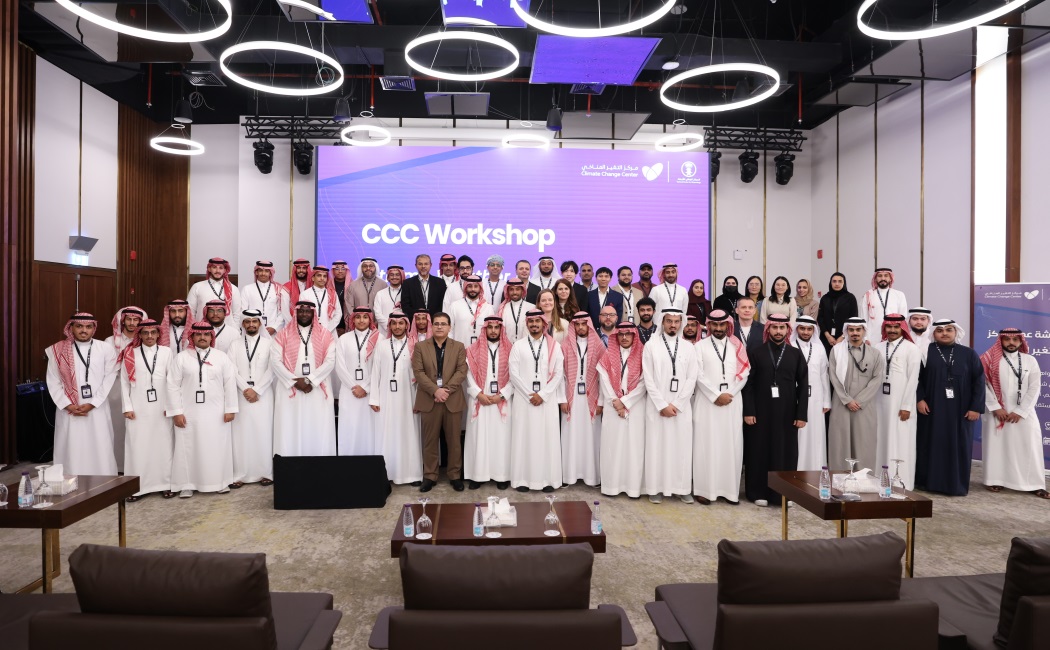


29 September, 2025
The Climate Change Center (CCC) at KAUST successfully hosted its scientific workshop “Extreme Weather and Climate in the Arabian Peninsula and Their Future” on September 29, bringing together 120 climate scientists, researchers, and stakeholders at the Jeddah Marriott Hotel.
The one-day workshop gathered experts from KAUST, the National Center for Meteorology (NCM), NEOM, and King Abdulaziz University to address the rising frequency, severity, and complexity of extreme weather events across the Arabian Peninsula. The event emphasized the region’s position at the frontline of climate change and underscored the importance of strengthening collaboration between science and policy to enhance regional resilience against extreme weather events.
The program unfolded across three thematic segments. The first explored how climate change is intensifying extreme weather across the Arabian Peninsula, with discussions on shifting rainfall patterns, the rising frequency of heatwaves and droughts, and advances in modeling dust emissions and transport. The second highlighted new insights into future risks, featuring high-resolution climate projections and improved forecasting systems that enhance early warnings for floods and heat extremes, supported by satellite-based monitoring tools for real-time response. The final segment focused on preparing for the future, emphasizing adaptation strategies for water and agriculture security, resilient infrastructure and urban planning, and the growing public health challenges posed by extreme climate events—underscoring the urgent need for integrated resilience and sustainable development across the region.
The workshop concluded with a science-policy dialogue aimed at integrating scientific insights on extreme weather into national policy frameworks, directly supporting Saudi Vision 2030 and the Saudi Green Initiative. Key outcomes included a strengthened understanding of regional extreme events, identification of critical knowledge gaps, and practical recommendations to enhance preparedness and adaptation strategies across the Kingdom.
Please visit the Workshop Website for further information.

